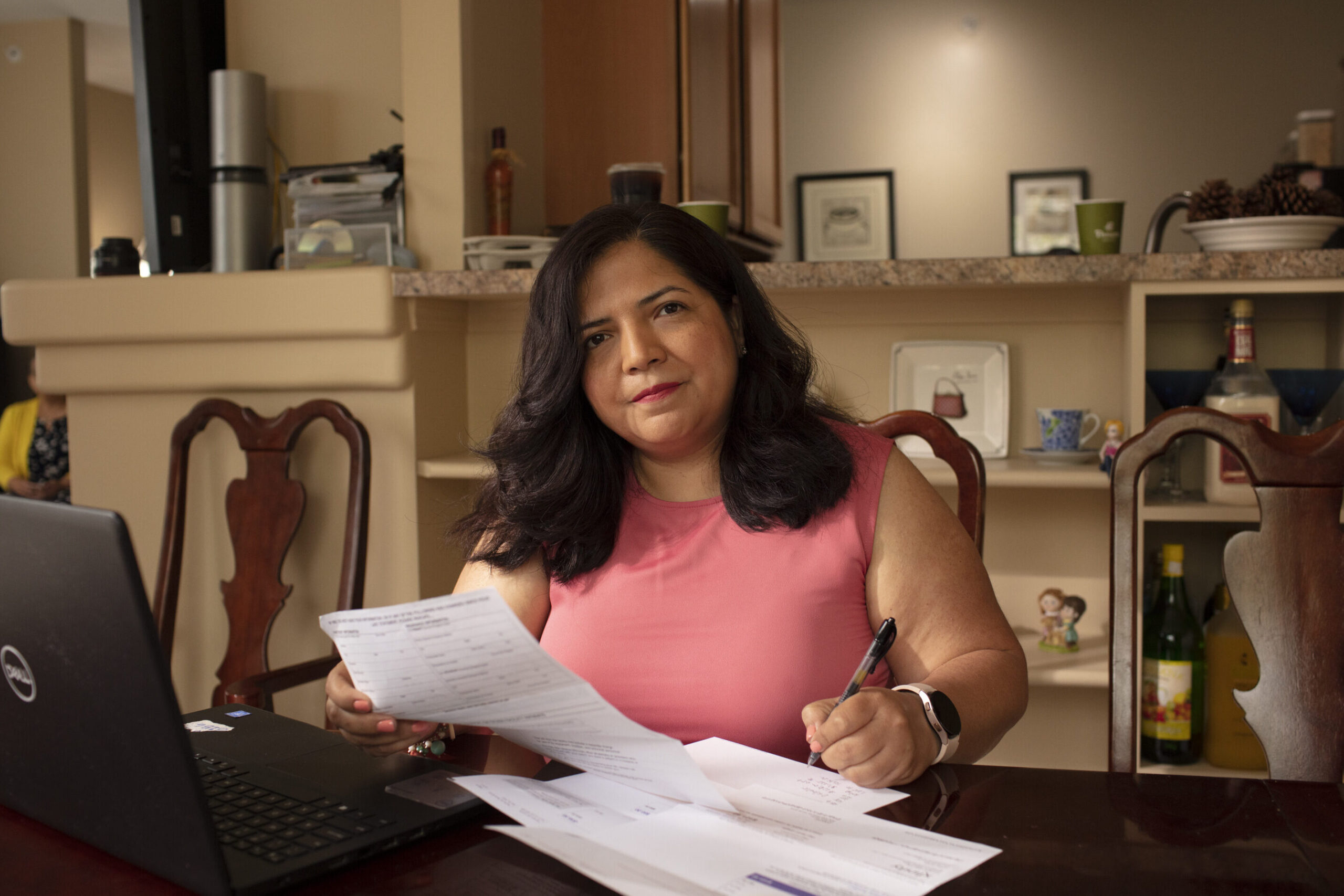Guide 4: I Received a Medical Bill I Cannot Afford to Pay
What should I do after I receive a medical bill?
- Open your bill(s) immediately.
- Verify the name and address on the bill. Is this your bill or the bill of your minor child? If it is, review the bill carefully.
- Be sure your bill lists the details of all charges. If not, request an “itemized bill” from the health care facility and/or the providers who treated you.
- Check the list of charges and make sure you recognize all the types of care on the bill. Billing departments and insurance companies can make mistakes; follow up if something does not look right or if you think the charges have already been paid.
- If you do not understand your bill or there seems to be an error, call the billing office or your health insurance plan to ask questions.
- Save all bills and documents from your provider and keep them together in the same, easy-to-find place.
- Mark the due date for your first payment on your calendar to help you remember to send your payment on time. (Late fees may be charged otherwise.)
Are you unsure about a bill?
If you think you’ve been sent a bill you should not have to pay, file a complaint with your state attorney general’s office.
If you call your insurance company or a billing office
Keep notes of your conversation: include the date, time, name of the person you’re speaking with, and what they tell you.
Ask about financial assistance or discounts
- Many hospitals provide financial assistance to patients who cannot afford to pay for their care. Submit your financial aid application as soon as possible. Contact Dollar For if you would like assistance applying.
- Before you pay for anything, ask the billing office if there is a “self-pay discount” to lower your bill.
We do not recommend that you sign up for a medical credit card or a medical loan. See more information in "Guide 5: I am unable to pay for my care upfront."
We do not recommend that you sign up for a medical credit card or a medical loan. See more information in "Guide 5: I am unable to pay for my care upfront." (Opens in new tab)If you have insurance
Make sure you are looking at the bill, not the “Explanation of Benefits” (EOB). Usually, an EOB arrives before the medical bill itself. An EOB is not a bill. An EOB is a summary of the care that you received and shows the amount your insurer is billed, how much your insurance will pay for that care, and the amount that you will owe.
If you do not have insurance
If you received a “good faith estimate” compare it to your final bills. If the bill is $400 or more than the “good faith estimate,” ask your provider to adjust the bill to the amount in the “good faith estimate.” If they do not, you can dispute your bill. (Learn how to dispute your bill.)
To learn how to get a good faith estimate, see "Guide 3: I Am Uninsured and Need Medical Care."
To learn how to get a good faith estimate, see "Guide 3: I Am Uninsured and Need Medical Care."Work out a payment plan
If you don’t qualify for financial assistance, work directly with your doctor or hospital on a repayment plan. Sometimes, if you offer to pay a portion of your bill right away, they will offer you a discount.
Some states require hospitals and other providers to offer income-based payment plans. Even if your state does not require this, always ask about a payment plan. Make sure to get these payment agreements in writing, and make sure that it says that interest, late fees, and other penalties will not apply. Note that some states prohibit or limit interest on medical debt.
For example: In Colorado, hospitals are banned from billing patients with low incomes more than 4% of their income each month and, if the patient has made 36 payments, the hospital has to forgive the remaining amount and consider the bill paid in full.
Negotiate to lower your billNegotiate to lower your bill
You may be able to negotiate to get a discount. Ask if the hospital offers a self-pay discount if you are uninsured or otherwise paying without insurance. For example, tell the hospital that you cannot afford the full cost and ask what they normally bill insurance companies or what Medicare pays. Ask if you can pay that lower amount. Don’t take “no” for an answer. Be polite but persistent. If you need to, ask if there is someone else you can talk to. Express your willingness to pay, but explain what your limits are. If they agree on a discounted price, get the agreed-upon price in writing and ask to set up a payment plan.
If you are late in paying your medical bill, offer to make a payment today — and ask if they can waive the late charges and any interest accrued.
What should I do if the medical bill looks incorrect?What should I do if the medical bill looks incorrect?
Providers and insurance companies can make mistakes when billing patients. That means you could get billed more than you should. Insured patients may encounter other common errors — including, but not limited to, billing errors, improper claim denials, and illegal “surprise medical bills.” Always ask for an itemized bill so you can check for errors.
Common problems with medical billsHere are some common problems with medical bills
How do I fight an illegal, out-of-network “surprise medical bill”?
The No Surprises Act protects people with health care insurance from extra charges from certain out-of-network providers in particular situations.
You should never receive a surprise out-of-network bill if:
- You receive medical care at an emergency room (ER);
- You are transported by air ambulance (airplane or helicopter);
- You receive scheduled care at health care facilities in your health insurance plan’s network.
In these situations, you should only pay what you would normally pay as a copay, coinsurance, or toward your deductible. The out-of-network provider cannot send an additional bill.
for more on fighting surprise bills
If you aren’t sure if you have received an illegal surprise bill, use this tool to understand your bill and make a plan.
If you have received an illegal, “surprise medical bill” from an out-of-network provider, follow these steps:
Step 1
If you have received an illegal, “surprise medical bill” from an out-of-network provider, immediately notify your health insurance plan. If your health insurance plan does not resolve the situation for you, contact the provider who sent the bill and tell them they have sent you an illegal, “surprise medical bill.”
Step 2
If the provider still demands payment, file a complaint at the government’s No Surprises Help Desk or call 1-800-985-3059. Language support is available if you need help filing your complaint. You may also want to contact the Consumer Assistance Program in your state.
Step 3
Check your credit report to make sure your bill was not sent to collections. It should NOT be listed on your credit report. Here is how to check.
What if I already owe my hospital money? Can I still get care?What if I already owe my hospital money? Can I still get care?
If you need emergency care, almost any hospital must accept you as a patient and treat you for that emergency — even if you have a bill that you haven’t paid.
However, if you do not need emergency care, most hospitals and providers may refuse to treat you if you have an outstanding bill with them. Consider seeking care at Federally Qualified Health Centers, which provide primary services regardless of your ability to pay.



